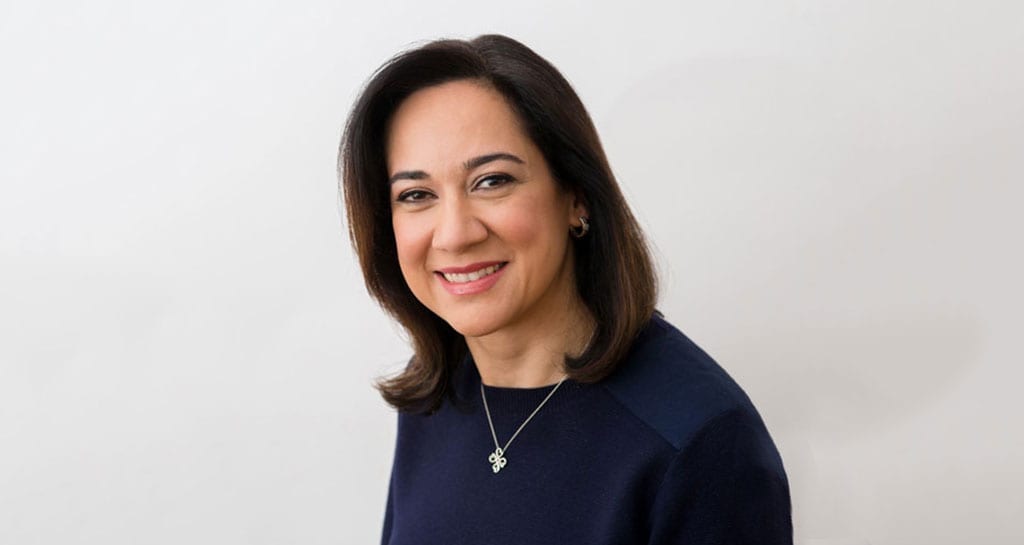A few weeks ago, I received an email from my kid’s school. It was a letter from the Principal talking about social media use and tips for creating a safe environment for students. It’s middle school, my kid has a smartphone and continually begs for a YouTube, Instagram and Twitter account…..hence my interest in the letter (notwithstanding my interest in privacy and all things Ed-tech). Maybe not sandbox age kids but close…..
It was an interesting letter, pointing out the benefits and perils of social media (I am sure we are all saturated with these types of communication) and I almost closed my email and hit the delete button. But what made it stand out was that the letter had a list of “top ten” apps / social media sources kids are currently using and it didn’t lecture parents on good use of screen time but it provided a nice “cheat sheet” for parents to learn about these apps. Now I don’t have an excuse to say “I’ve never heard of that but my kid always uses it.”
Most of us are using social media to communicate with our personal or professional networks and a primer on popular teen social media platforms is great. They are using these platforms to communicate with their friends and showcase what is important to them about their lives. And here is where I see the tension between what our kids voluntarily post and what we, as parents, choose to post about them. We are proud parents of our moppets and can’t wait to share with the world their latest and greatest, even if the latest is them doing something that appears funny but to our kids could be potentially embarrassing either now or in the future. The New York Times recently ran an article appropriately titled “Don’t Post About Me on Social Media, Children Say”
I advocate for us to recognize kids own their data, their information. This article certainly expresses how children see their information and how it should be disclosed. It’s interesting when you read it from a privacy standpoint as it is clear to me that kids want to protect and determine what their data trail should be. When we post specifics about our kids in social media we are contributing to their data trail but we often do not ask them how they feel about it. It was not surprising to me that this generation of kids, growing up with these technology tools understand that social media is an extension of themselves. It’s worth asking if we are protecting our kids privacy when we post information about our kids, are we aware of the history we are creating for them as they act as, well….kids…..and as much as it is newsworthy to us, after all we are the proud parents, it might not be something our kids want out about themselves.
When we talk about children’s privacy we need to include the concept of agency and granting it to kids so that they can craft their own data trail. However, often this idea is viewed as radical as we are not comfortable with allowing this. There is a real struggle between what we want to disclose about our kids and what our kids want to disclose about themselves. The idea of giving kids autonomy on decisions about their data opens the dialogue into a wider context and one in which we relinquish some of our decision making abilities regarding our kids. But I can’t help but think this is a good thing. Kids can be great advocates for themselves especially when they know we are listening. Even a very young kid can state what works and doesn’t work for them in school. What would kids determine to be their history if we empower them to make the decisions early on how to craft their story. I’m sure the social media sandbox would look vastly different.


